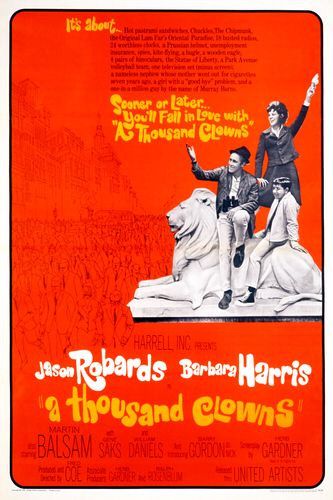Welcome to Retro Television Reviews, a feature where we review some of our favorite and least favorite shows of the past! On Thursdays, I will be reviewing Dr. Paradise, which aired on CBS in 1988. The entire show is currently streaming on YouTube!
This week, Frank Langella sets himself up as the ruler of a tropical island!
Episode 1.1 “The Pilot”
(Dir by Peter Baldwin, originally aired on July 12th, 1988)
Who is Dr. Paradise?
Why, he’s Frank Langella!
Langella plays Dr. Paradise, a haughty and sarcastic man who owns a health clinic that is located on a small tropical island. Dr. Paradise also owns the local casino so visitors at the island will often lose all of their money at night and then come to the clinic during the day. As this episode is only 22 minutes long and there’s a whole host of other characters to introduce, we don’t learn as much about Dr. Paradise as we might want to. We know that he’s rich. We know that doors magically swoosh open whenever he approaches. During the opening credits, we watch the staff throw darts at his portrait, just for Dr. Paradise to reveal that he always has an extra portrait with him. He’s arrogant and egocentric and I get the feeling that we’re supposed to dislike his lavish lifestyle but he’s Frank Langella so it feels churlish to take away his joy.
As for the rest of the staff at the hospital …. well, none of them are as interesting as Dr. Paradise and I found myself resenting them for that fact.
Dr. Noah Fredericks (Xander Berkeley) is the psychiatrist who is clearly meant to be a stoner, even if the show couldn’t actually come right out and say it. But with his deadpan way of speaking and his red eyes, there’s not much doubt that Dr. Fredericks was high for the entire episode. I don’t blame him.
Dr. Philip Moore (Hiram Kasten) is desperately looking for someone to play golf with him.
Dr. Amy Hunter (Sally Kellerman) is the ethical doctor who disagrees with Dr. Paradise’s methods but who seems to secretly kind of like him as well.
Dr. Casey Hunter (Tommy Hinkley) is Amy’s whiney son who appears to have a gambling problem. At one point, it is mentioned that he dropped out of a top medical school so that he could become a chiropractor. As someone who has recently had to deal with neck and back pain, I support his choice.
Hilary (Beverly Brown) is a native of the island and works as the office manager. She has no personality beyond saying, “Dr. Paradise” in an exaggerated island accent.
The pilot centers around the character of Newton Hobbs (played by future Congressional candidate Barry Gordon), a wealthy but neurotic man who spends a lot of money at Dr. Paradise’s casino. Newton comes to the clinic for his weekly session with Dr. Fredericks but, when Dr. Paradise insults him, Newton snaps and draws a gun. He holds everyone hostage for a few minutes, until another patient has a heart attack from the stress. Dr. Paradise saves the man from dying, establishing that he’s a jerk who is good at his job. As for Newton …. NOTHING HAPPENS TO HIM! It turns out that it was all apart of his therapy plan with Dr. Fredericks and the gun was not even loaded.
Hey, that’s all good and well. WHAT IF THE MAN WHO HAD A HEART ATTACK DIED, YOU IDIOTS!?
Meanwhile, Casey’s parrot talks to a cat while Casey’s at the office. That should have been cute but …. eh.
Only one episode of Dr. Paradise aired. This pilot did not become a series and it’s easy to see why. For all the talent — Sally Kellerman, Barry Gordon, Xander Berkeley, the great Frank Langella — the dialogue isn’t funny and the situations aren’t that interesting. It’s a shame because Frank Langella’s performance indicates that he could have been an enjoyably over-the-top sitcom actor. But even the best actors need a decent script.


